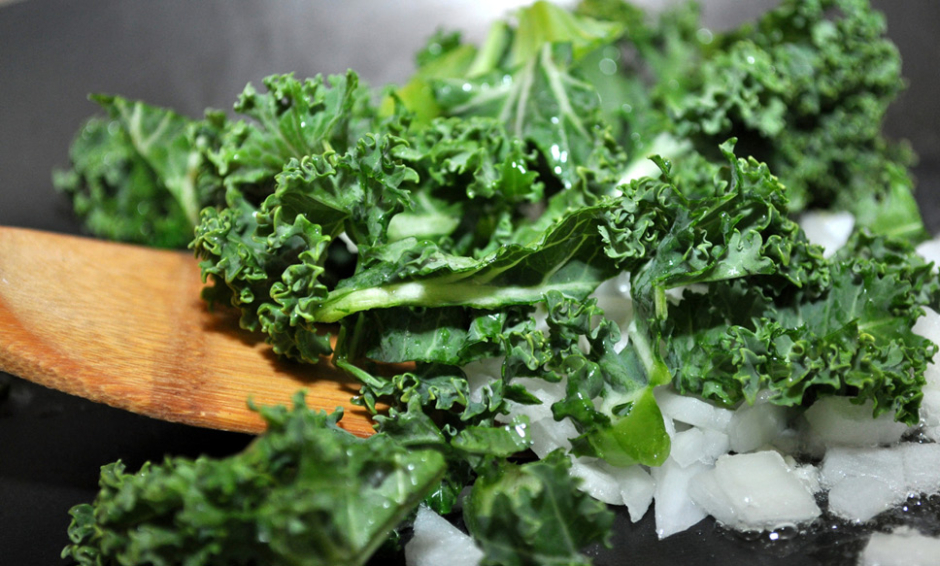LUTEIN, a pigment found in kale, spinach, avocados, and eggs, may work to rejuvenate cognitive function, according to a study from the University of Illinois, Urbana, Illinois, USA. Lutein is a naturally occurring pigment which the human body cannot synthesise and so must be absorbed from food. Nutritionists have a long history of discussing the health benefits of green foods such as those previously described, and a previous study has even linked lutein with reducing inflammation in heart disease. Therefore, Dr Naiman Khan, lead researcher from the Department of Nutritional Science, University of Illinois, and his team set out to assess the effect of lutein on cognitive ageing.
Cognitive age has been shown to start earlier in life than previously thought. “You can even start to see some differences in the 30s,” explained first author Anne Walk, University of Illinois. Following this premise, 60 adults between 25 and 45 years of age were enrolled to assess whether lutein intake effects cognition. The macular pigment optical density of lutein absorbed by each individual participant was measured by hetero-flicker photometry and analysis of the results allowed researchers to deduce levels of lutein absorption.
Brain activity of participants was assessed using electrodes. Each participant was tasked with attention-related exercises; each test assessed selective attention, attentional inhibition, and response inhibition. Results of the study indicated that patients who had higher levels of lutein were cognitively closer to younger individuals than they were to individuals of the same age with lower lutein levels.
“Lutein appears to have some protective role, since the data suggest that those with more lutein were able to engage more cognitive resources to complete the taskexplained Walk. Dr Khan concluded that further research is needed: “In this study we focussed on attention, but we also would like to understand the effects of lutein on learning and memory.” Furthering the conclusion, Walk stated: “[…] We should encourage people to consume lutein-rich foods at a point in their lives when it has maximum benefit.”
(Image: freeimages.com)








